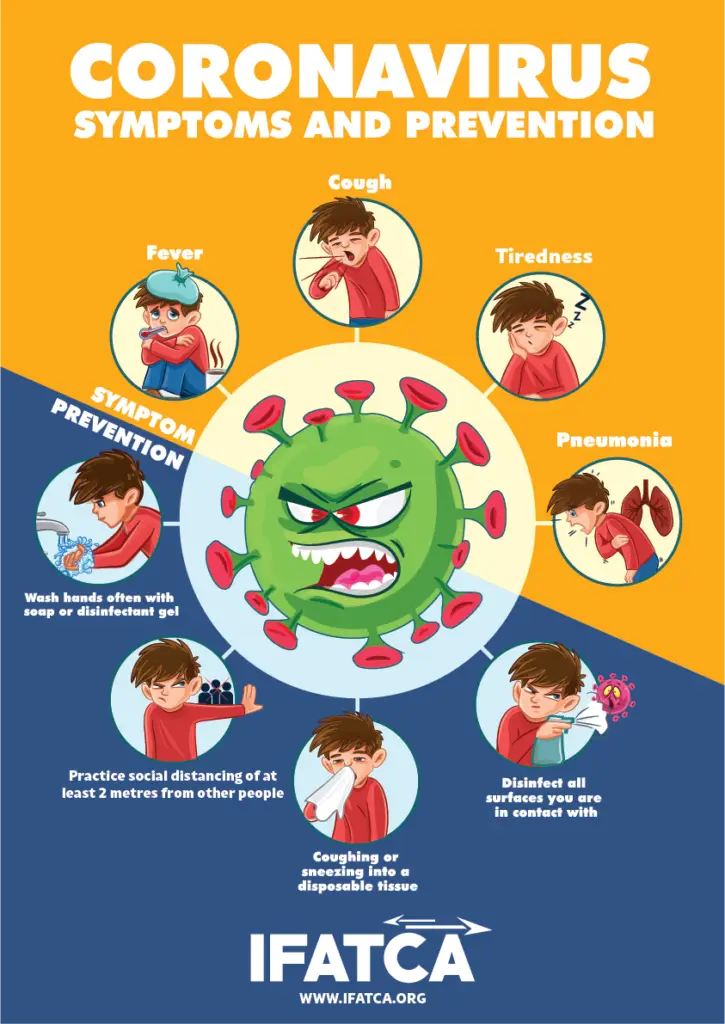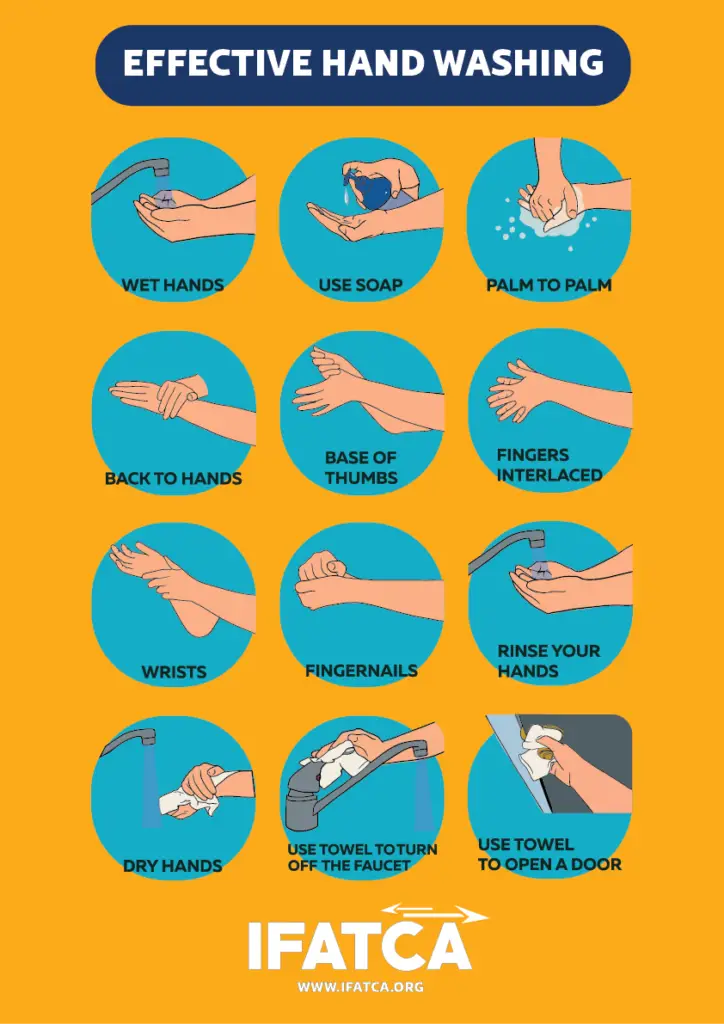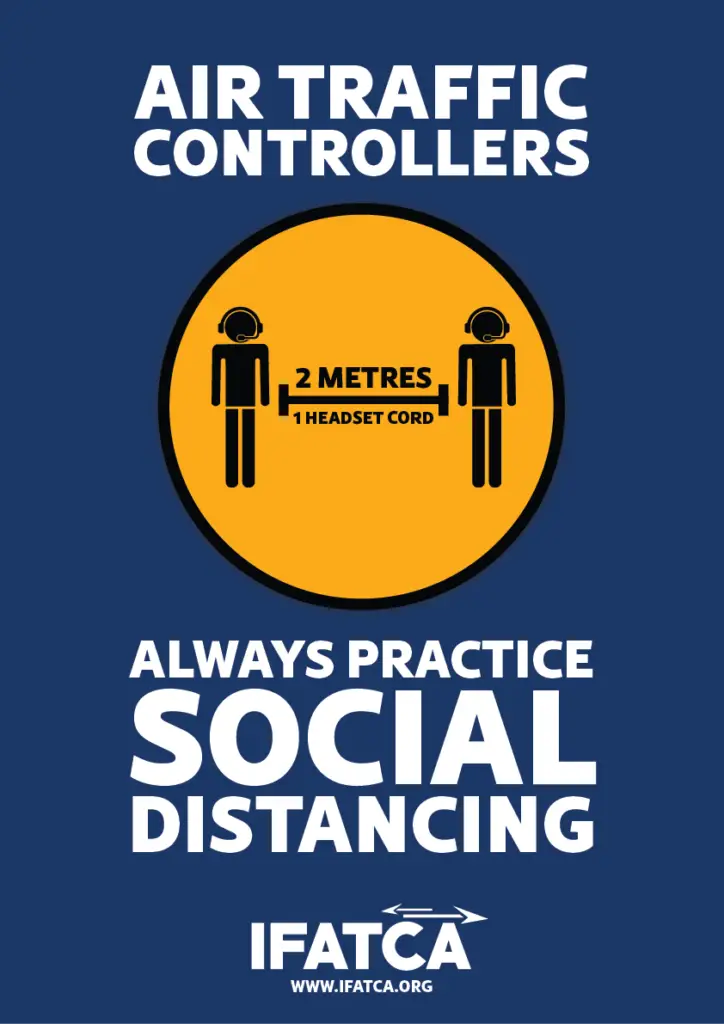
COVID-19
An Unprecedented Crisis
The COVID 19 Pandemic is having a significant impact on the aviation industry around the world. The measures taken by Governments and aviation related businesses are critical in the efforts to contain the spread of the virus. These restrictions do however place the health of the aviation system at risk, and the future is increasingly uncertain.
The Executive Board have prioritised this issue and redirected all resources of the Federation to assist Member Associations in this time of need.
This page will consolidate the material collected, consolidated, and produced by the teams of the Federation. It will also like to other sites with material that may be of use. The aim is to help IFATCA Member Associations respond to the COVID-19 crisis surrounding the responses of their employers and the aviation industry in general. This Guidance Material aims to support the IFATCA Member Associations to assist where possible their employers (Governments, National Agencies, Air Navigation Services Providers).
Member Associations are encouraged to maintain communication with the Executive Board and provide any input or request any assistance that they may require.

There’s no doubt that the world will overcome this challenge. What is not yet clear, is what the long term effects on our industry, the economy and society overall will be. But there is no doubt that aviation professionals, including air traffic controllers, will continue to play a crucial role in recovering from this global crisis.
In the meantime, our priorities as professionals should be:
- To ensure the safest possible circumstances for air traffic controllers worldwide.
- To guarantee the continuity of the service given the vital role in combating this crisis.
- To counteract the possible long-term effects of this crisis, including the ability to revert when demand increases again.
Short term thinking and exclusive focus on economics have dearly cost our industry in the past. Drastic cutbacks now will make long-term recovery a lot more complicated and uncertain. It is an essential message that IFATCA and other staff representatives must bring to those in charge.
Our strongest assets as controllers are our flexibility and resilience. These will be tested to the fullest in the coming weeks and months, as will be our professionalism and motivation. This health crisis impacts each one of us, as do the measures to combat it. IFATCA, its Executive Board and Member Associations will do their utmost to support each one of you in maintaining the necessary focus.
We can and we will get through this. With communication, cooperation, and collaboration we have always helped each other in the best of times and the worst of times.
Let us continue to work together to help each other as our founding associations envisioned.
We are IFATCA, we are strong and we will recover.
One Sky, One Voice, Since 1961.
What's in a name..
Official names have been announced for the virus responsible for COVID-19 (previously known as “2019 novel coronavirus”) and the disease it causes.
Viruses, and the diseases they cause, often have different names. For example, 'Human alphaherpesvirus 3' (HHV-3) is the virus that causes Chickenpox.
People often know the name of a disease, but not the name of the virus that causes it.

Virus
Severe Acute Respiratory Syndrome Coronavirus 2 (SARS-CoV-2)

Disease
Coronavirus Disease (COVID-19)
Prevention, Management, Recovery
The material on this page is divided into three phases related to the situation that the Member Association may find themselves in. As the pandemic moves around the globe, there will be various levels of impact depending on the demographics, geography and so on.
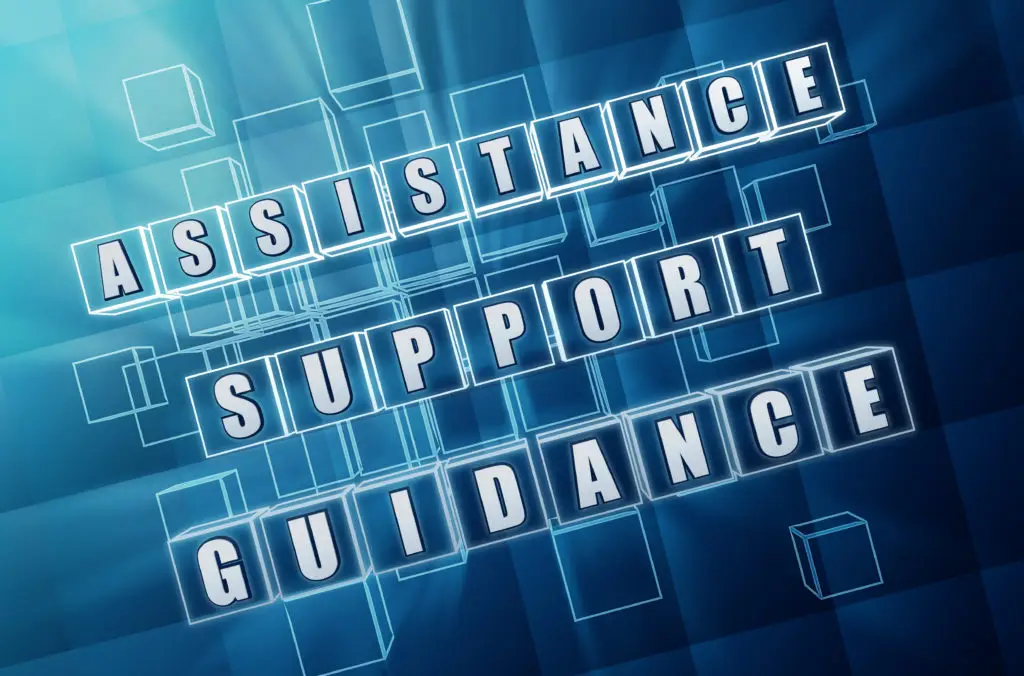
Prevention
This phase is related to the initial actions of Member Association and their workplaces when faced with threat of the virus. It covers the main preventative and initial management that may be done in order to limit exposure of the controllers, and the operations to the impact of the disease.
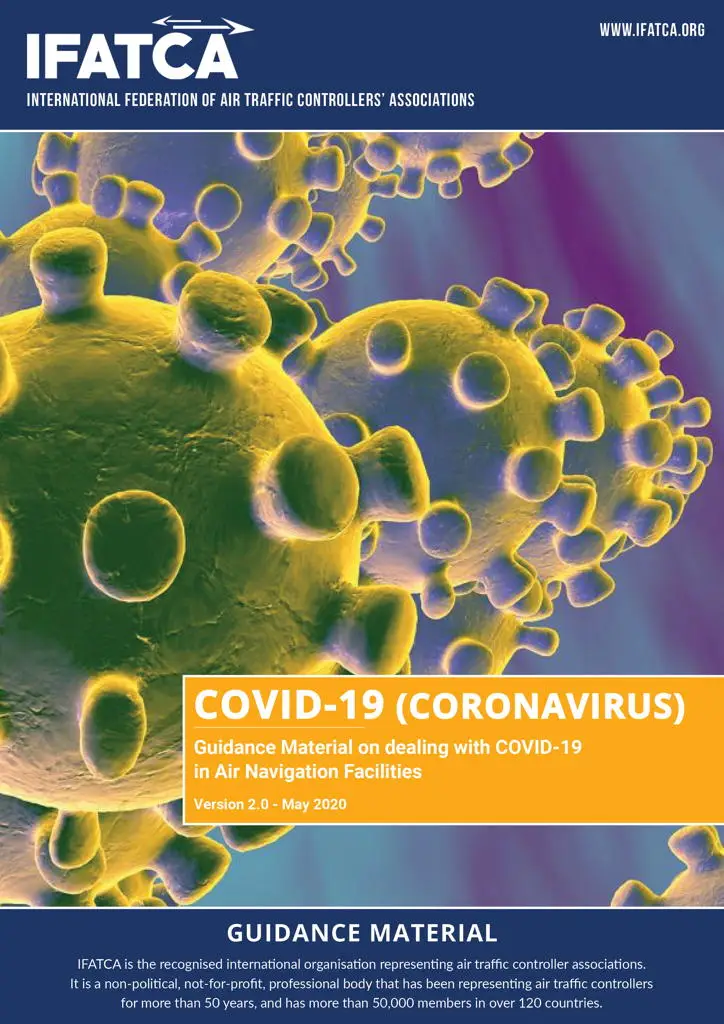
COVID-19 Guidance Material
New and updated version of our guidance material on dealing with COVID-19 in Air Navigation Facilities. This edition 2.0 now includes additional information on working with reduced traffic, the impact on OJT and information on what to look out for in the recovery phase.
Useful Links
- World Health Organisation
- ICAO
- Collaborative Arrangement for the Prevention and Management of Public Health Events in Civil Aviation (CAPSCA)
- Airport Council International (ACI)
- International Air Transport Association (IATA)
- State Letter 2020/47 - Implementation of contingency arrangements to reduce the risks of the spread of COVID-19
- State Letter 2020/50 - Operational measures to ensure safe operations during the COVID-19 pandemic
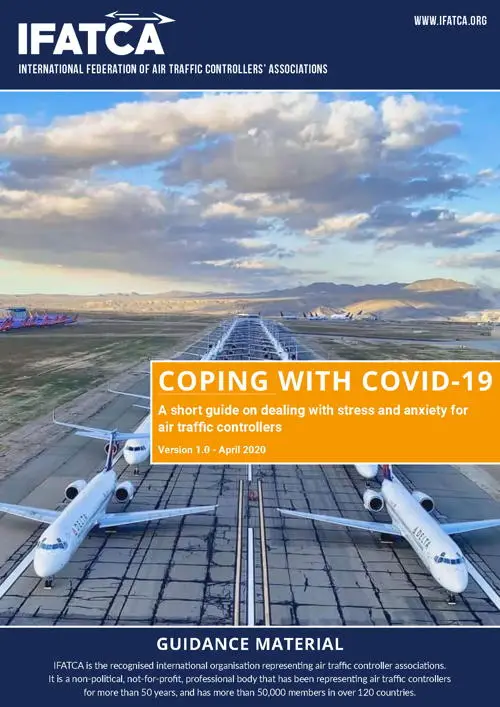
Coping with COVID-19
A short guide on coping with stress and anxiety for air traffic controllers
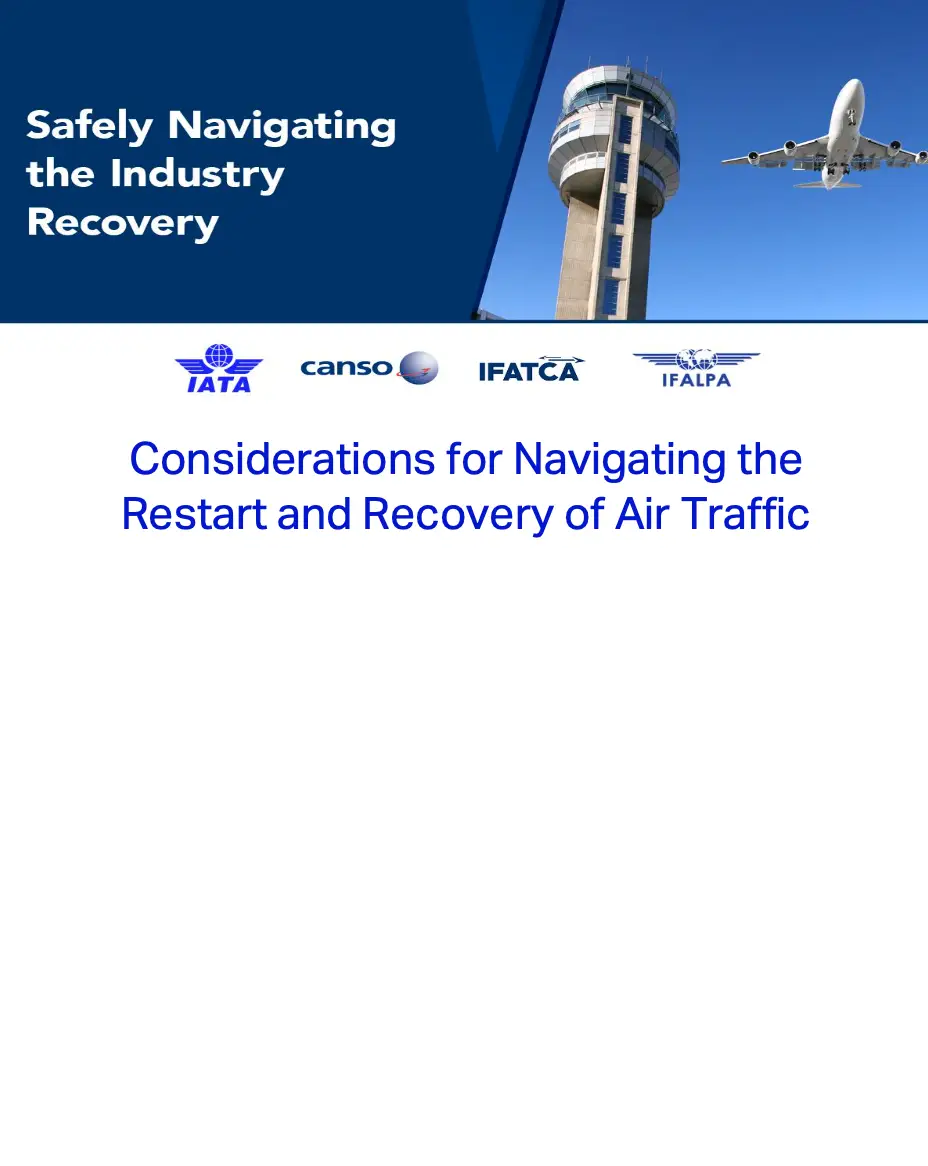
Considerations for Navigating the Restart and Recovery of Air Traffic
Guidance Material co-authored by IATA, CANSO, IFATCA and IFALPA on safely navigating the industry recovery
General Information Collected by IFATCA
Your Executive Vice President for the region should be contacting you as an information gathering effort. please take the time to provide them as much detail as possible.
The preliminary results of a survey among our Member Associations can be found here. As situation evolves, so will the response in the various counties. Member Associations that have not yet completed the survey, or wish to update the information provided are advised to check with their Regional Vice President for details.
Interviews with Member Associations & Partners
Marc Baumgartner pairs up representatives of different organisations and assoications to discuss the crisis and the measures taken to contain it.
You will need to log in to see these – check with your MA coordinator for the login/password.


COVID-19 Interviews – part 17

COVID-19 Interviews – part 16

COVID-19 Interviews – part 15

COVID-19 Interviews – part 14

COVID-19 Interviews – part 13
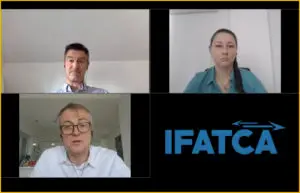
COVID-19 Interviews – part 12

COVID-19 Interviews – part 11

COVID-19 Interviews – part 10

COVID-19 Interviews – part 9

COVID-19 Interviews – part 8

COVID-19 Interviews – part 7

COVID-19 Interviews – part 6

COVID-19 Interviews – part 5

COVID-19 Interviews – part 4
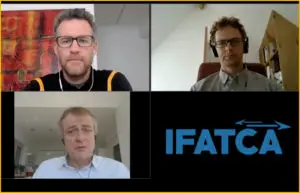
COVID-19 Interviews – part 3

COVID-19 Interviews – part 2

COVID-19 Interviews – part 1
Posters
Posters that may be used by your Association. Built for A3 size.
Management
This phase is related to the initial actions of Member Association and their workplaces during the restricted operations.
What happens?
- Flight restrictions - Less air traffic
- Roster and schedule changes
- Proficiency issues
- Reduced training
- Changes to working conditions
- Reduced expenditure on infrastructure
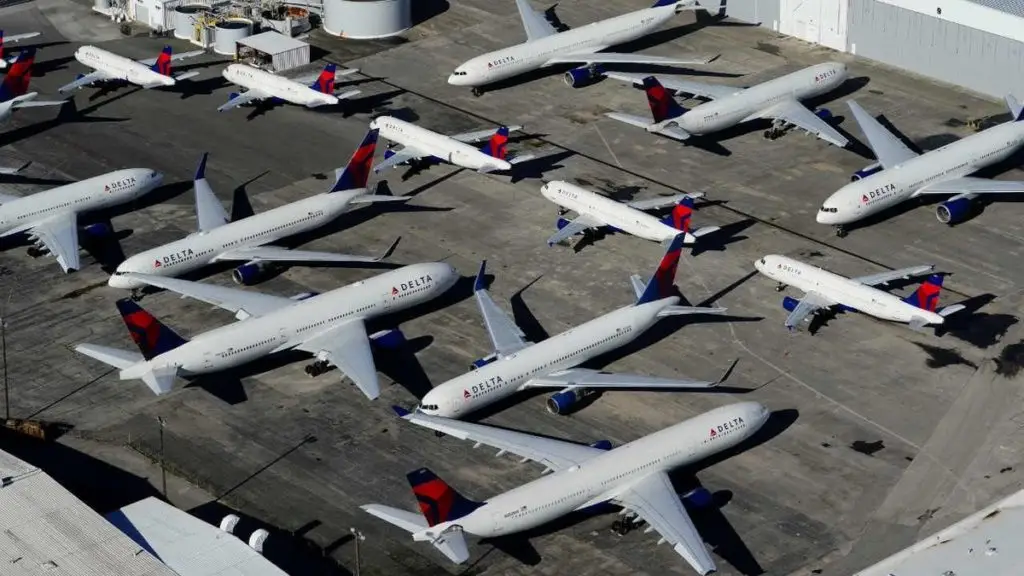
ATCO Licensing Issues
Some States have issued exemptions to ICAO Personnel Licensing SARPS to support aviation industry
Main areas covered by are extension of the validity of:
o medical certificates due to lack of access to aeromedical doctors
o category ratings for ATCOs due to the lack of practice
o use of simulation as a replacement for live traffic for check and training purposes
ATCO Rostering Issues
There may be pressure to define more ‘efficient’ rosters particularly when introducing sterilized teams. Member Associations should ensure that appropriate fatigue management measures are conducted and that the result is in compliance with regulatory requirements.
While there may have been a need for short-term, decisive measures to ensure the continuity of the service, they must be replaced by robust and compliant long-term measures.
In addition, these measures should allow to revert easily to the legacy rostering system at short notice. Although we expect the overall demand to recover slowly in most regions,
ANSP's must resist making cost reduction decisions now that will jeopardize the recovery when it comes.
These include laying off essential staff or cancelling technology projects that are needed.
Sample Practices and Initiatives

Letters of Support
The Executive Board has prepared a series of letters that may assist Member Associations in the current circumstances. Member Associations are encouraged to contact their Regional EVP or the office if they face the following issues:
- Rostering practices that fail to comply with fatigue principles
- Significant changes to working conditions that may impact safety
- Financial instability of their Air Navigation Service Provider
Disruption to Air Traffic Services
Under the ICAO Convention, it is an obligation of each State to provide Air Navigation Services over its territory. States must also develop and promulgate contingency plans for implementation in the event of disruption to ATS
with the assistance of ICAO as necessary (Annex 11)
Coordination with IATA indicated that numerous NOTAMs were providing insufficient information on
restrictions/reduction in ATS, or restrictions appeared overzealous
ICAO State Letter 20/47 issued highlighting obligations to Annex 9 and Annex 11 and for States to review
restrictions and to consider the following operations:
- aircraft in a state of emergency;
- overflights;
- operations related to humanitarian aid, medical and relief flights;
- alternate aerodromes identified in the flight plan (including those being used for extended diversion time operations (EDTOs)
- technical landings where passengers do not disembark;
- cargo flights; and
- other safety related operations.
Recovery
This phase is related to the initial actions of Member Association and their workplaces during the recovery, post containment of the pandemic.
What do we expect?
- Recovery may be slower than initially anticipated, due to the economic slowdown and regions recovering at different rates.
- Changed traffic flows as airlines will start using their most efficient aircraft
- Proficiency issues
- Changes to working conditions

External Resources
This material may come in useful for Member Associations and individuals, but is not managed (or endorsed) by IFATCA





